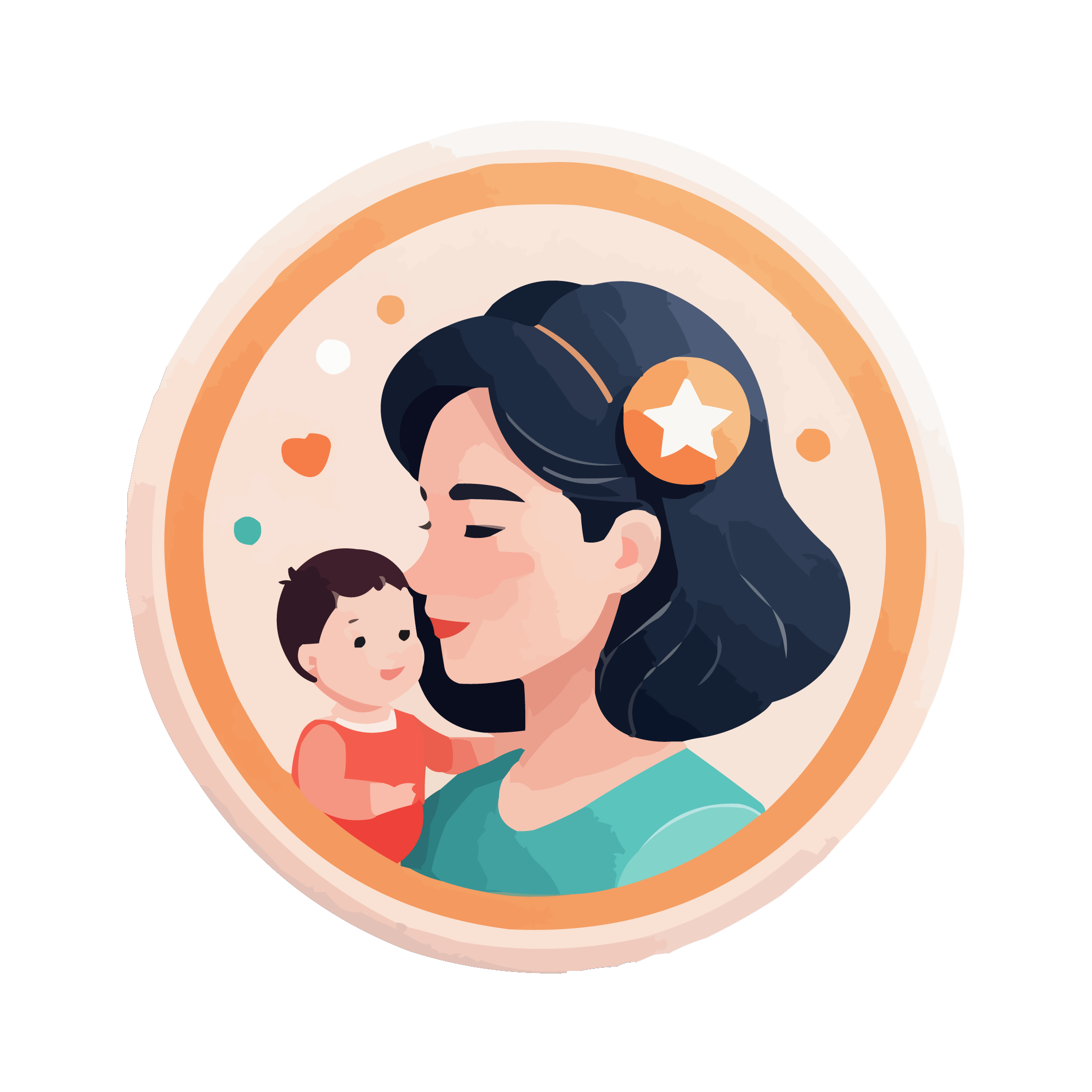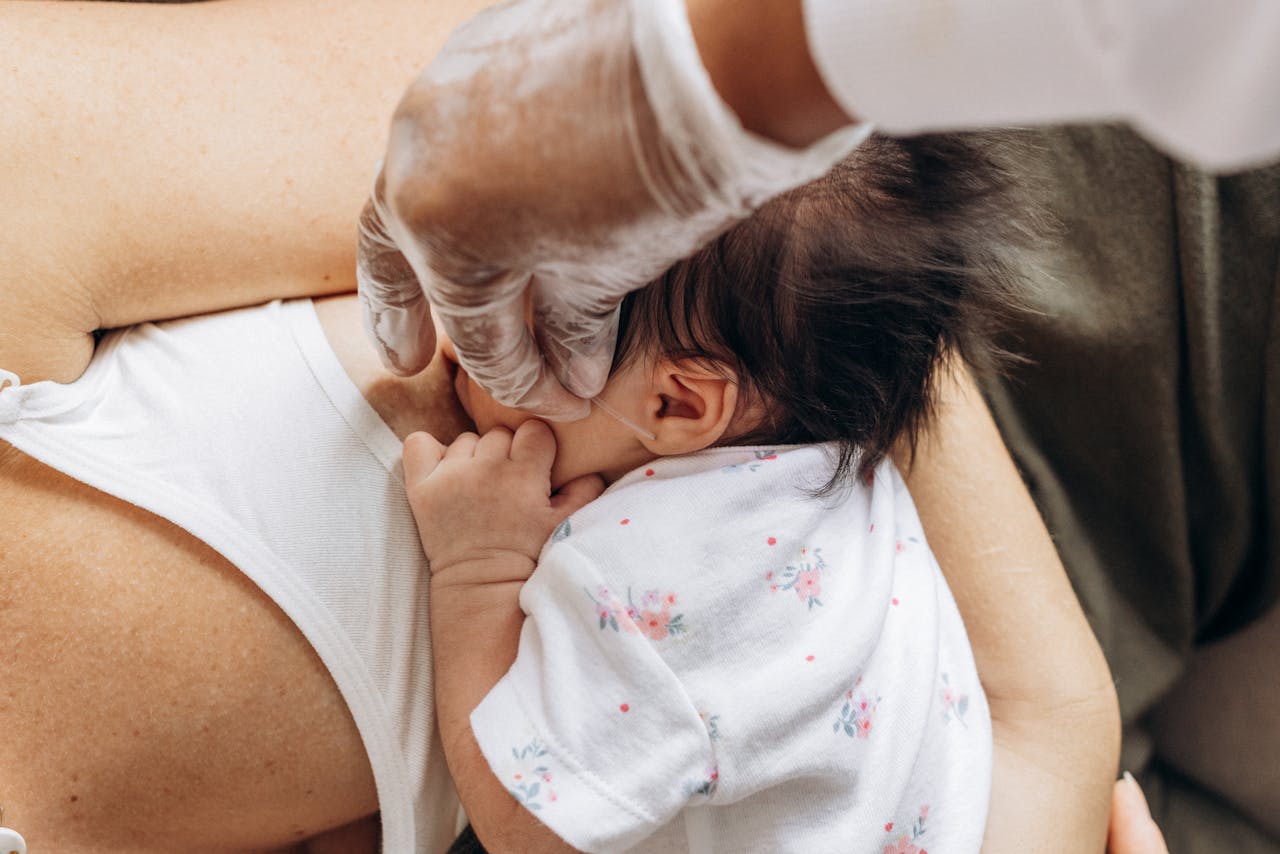Pediatric Allergic Eczema: Causes, Symptoms, and Treatment

Contents
Pediatric Allergic Eczema: Causes, Symptoms, and Treatment
Pediatric allergic eczema, also known as atopic dermatitis, is a common skin condition that affects a significant number of children worldwide. This chronic inflammatory skin disorder can be distressing for both children and their parents, impacting the quality of life. In this comprehensive guide, we will delve into the various aspects of pediatric allergic eczema, exploring its causes, symptoms, and effective treatment options.
1: What is Pediatric Allergic Eczema?
Pediatric allergic eczema is a type of atopic dermatitis characterized by inflamed, itchy skin. It often manifests in early childhood and may persist into adolescence or adulthood. The condition is part of the broader category of atopic diseases, which include asthma and allergic rhinitis. Understanding the underlying causes is crucial for managing and preventing flare-ups.
2: Causes and Triggers
- Genetic Factors: A strong genetic component is associated with pediatric allergic eczema. Children with a family history of atopic diseases are more susceptible to developing the condition.
- Environmental Triggers: Exposure to certain environmental factors, such as allergens, irritants, and climate conditions, can trigger or exacerbate eczema symptoms.
- Immune System Dysfunction: Abnormal immune system responses play a key role in the development of atopic dermatitis. Imbalances in the immune system can lead to heightened sensitivity and inflammation.
3: Signs and Symptoms
- Itching and Redness: Pruritus (itching) is a hallmark symptom of pediatric allergic eczema. The affected skin often appears red, inflamed, and may be accompanied by small, fluid-filled blisters.
- Dry, Cracked Skin: The skin in eczematous areas tends to be dry and may develop cracks, making it more susceptible to infections.
- Scratching and Lichenification: Persistent scratching can lead to lichenification, a thickening and hardening of the skin. This can further contribute to the cycle of itching and inflammation.
4: Diagnosis
- Clinical Examination: A healthcare professional will conduct a thorough examination of the affected skin, looking for characteristic signs and symptoms.
- Allergy Testing: Identifying specific allergens through patch testing or blood tests can help determine triggers for eczema flare-ups.
- Differential Diagnosis: It’s important to differentiate pediatric allergic eczema from other skin conditions, such as psoriasis or contact dermatitis.
5: Management and Treatment Options
- Topical Corticosteroids: These anti-inflammatory creams or ointments are commonly prescribed to reduce inflammation and itching.
- Emollients and Moisturizers: Keeping the skin well-hydrated is crucial. Emollients and moisturizers help maintain the skin barrier, preventing excessive dryness.
- Antihistamines: These may be recommended to alleviate itching and improve sleep quality, especially in cases of severe itching.
- Avoidance of Triggers: Identifying and avoiding specific triggers, such as certain foods or environmental allergens, is a key component of managing pediatric allergic eczema.
6: Lifestyle and Prevention
- Proper Skincare: Establishing a regular skincare routine, including gentle cleansing and moisturizing, is essential for managing eczema.
- Allergen Avoidance: Minimizing exposure to known allergens can significantly reduce the frequency and severity of eczema flare-ups.
- Dietary Modifications: In some cases, dietary changes, such as eliminating common food allergens, may be recommended under the guidance of a healthcare professional.
Pediatric allergic eczema can be a challenging condition, but with proper understanding and management, children can lead healthy, comfortable lives. Working closely with healthcare providers, parents can implement effective strategies to control symptoms, improve skin health, and enhance the overall well-being of their children.
Remember, this information is for educational purposes only and should not be considered medical advice. Consult with a healthcare professional for personalized guidance on managing pediatric allergic eczema.











